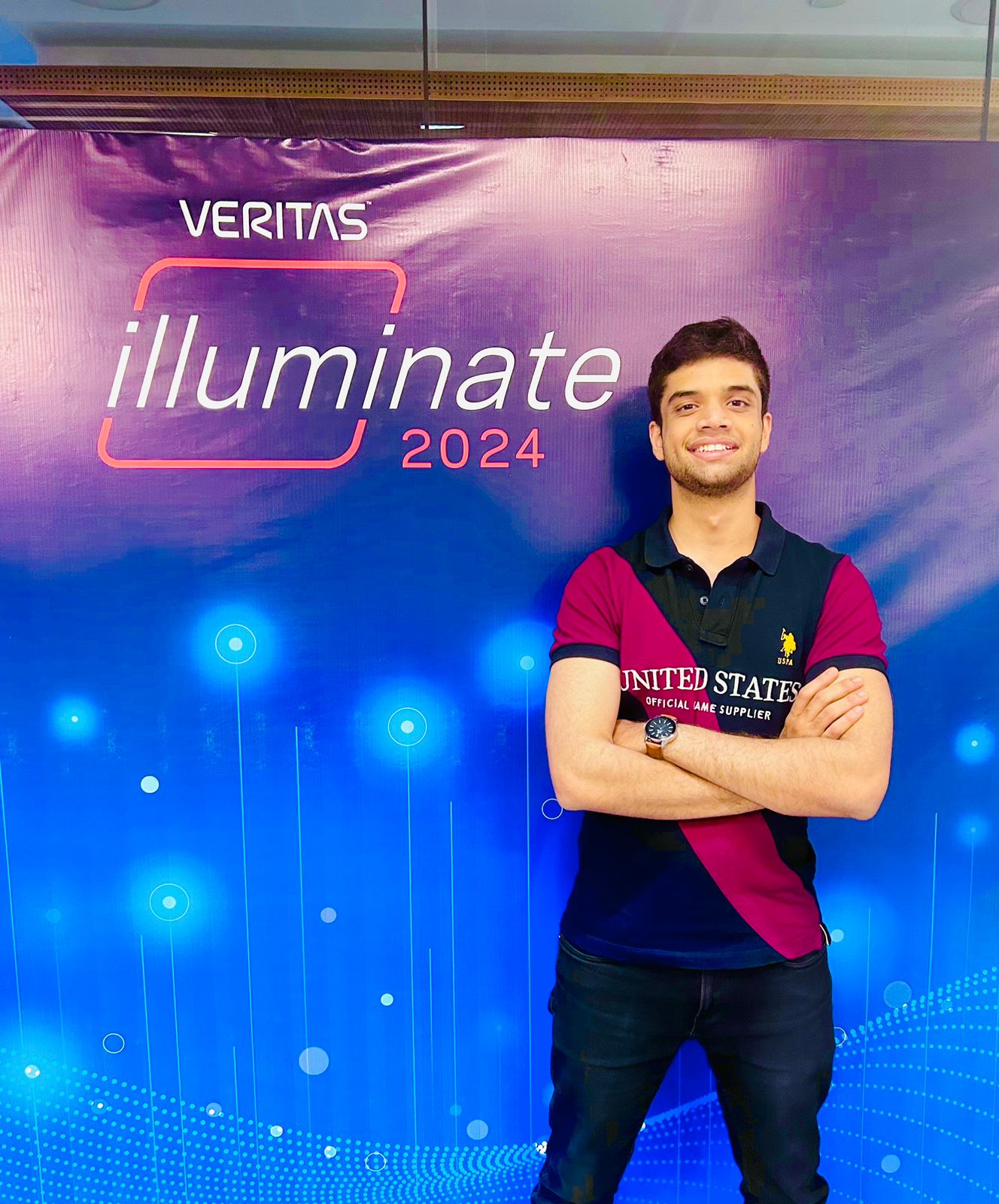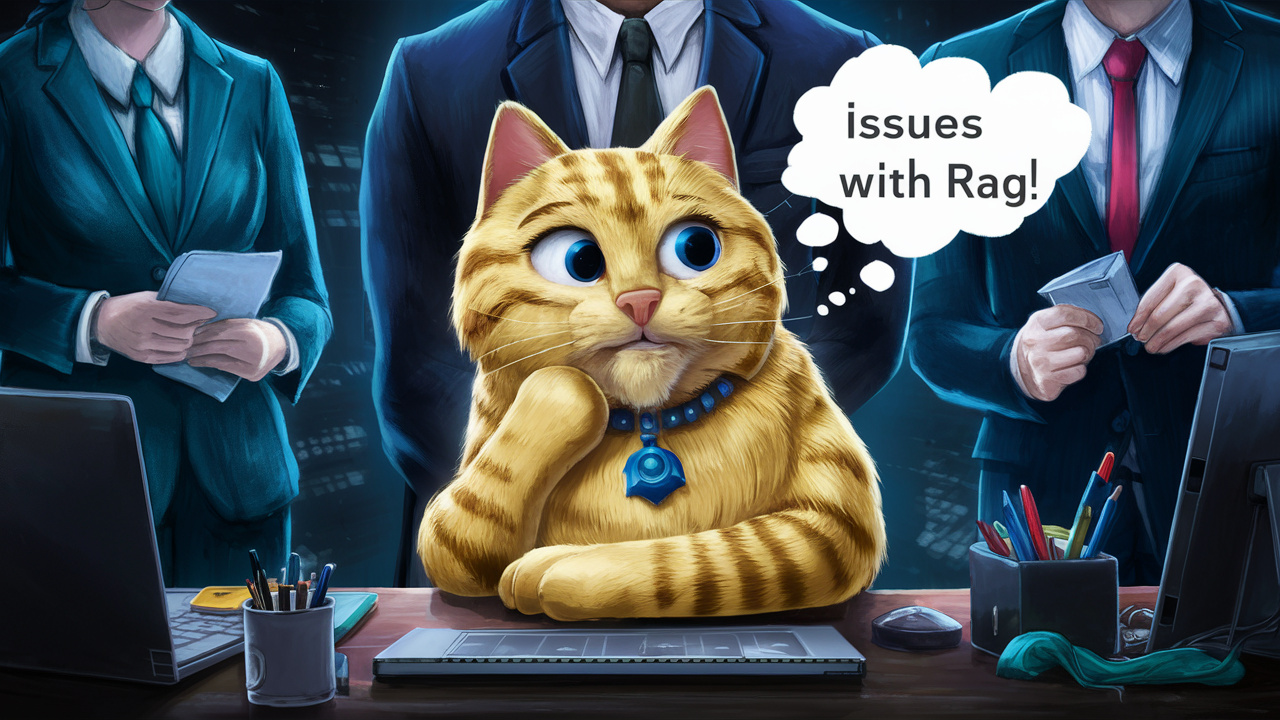Issues with RAG applications
 Farhan Naqvi
Farhan Naqvi
Retrieval-Augmented Generation (RAG) is a powerful technique, but it does come with some challenges:
Finding Relevant Documents: The retrieval process is crucial, as RAG relies on identifying relevant documents to inform the generation process. If the retrieval model struggles to find the most relevant information, the generated text might be inaccurate or irrelevant.
Increased Resource Consumption: Combining retrieval and generation processes increases computational demands. This can be a barrier for applications with limited resources.
Data Leakage: Retrieval-based models might unknowingly leak information from the training data used for retrieval. This implies the usage of careful design and privacy-preserving techniques.
Unclear Queries: RAG models might struggle with ambiguous queries. The lack of clear context can lead to the retrieval of irrelevant documents, impacting the quality of the generated text.
Limited Context Window : Large Language Models often have limitations on the amount of text they can process at once. This can restrict the context RAG can consider during generation.
Managing Retrieval Results: Efficiently storing and managing retrieved documents, especially for long passages, can be a challenge, impacting memory usage.
Subscribe to my newsletter
Read articles from Farhan Naqvi directly inside your inbox. Subscribe to the newsletter, and don't miss out.
Written by

Farhan Naqvi
Farhan Naqvi
🚀 Passionate about AI/ML | Software Engineer | Research Enthusiast 🚀 💻 As an Associate Software Engineer at Veritas Technologies LLC, I'm immersed in cutting-edge technologies, including C++, Elastic Stack (ELK), PostgreSQL, Docker, Kubernetes, and more. With a keen interest in AI and ML, I've delved into generative AI, machine learning, and deep learning, crafting projects that push the boundaries of innovation and efficiency. 👩💻 Additionally, I have a strong passion for research and have authored two papers on video processing during my undergrad. Currently, I'm exploring the bias in state-of-the-art LLMs, aiming to contribute to the understanding and mitigation of bias in AI systems.